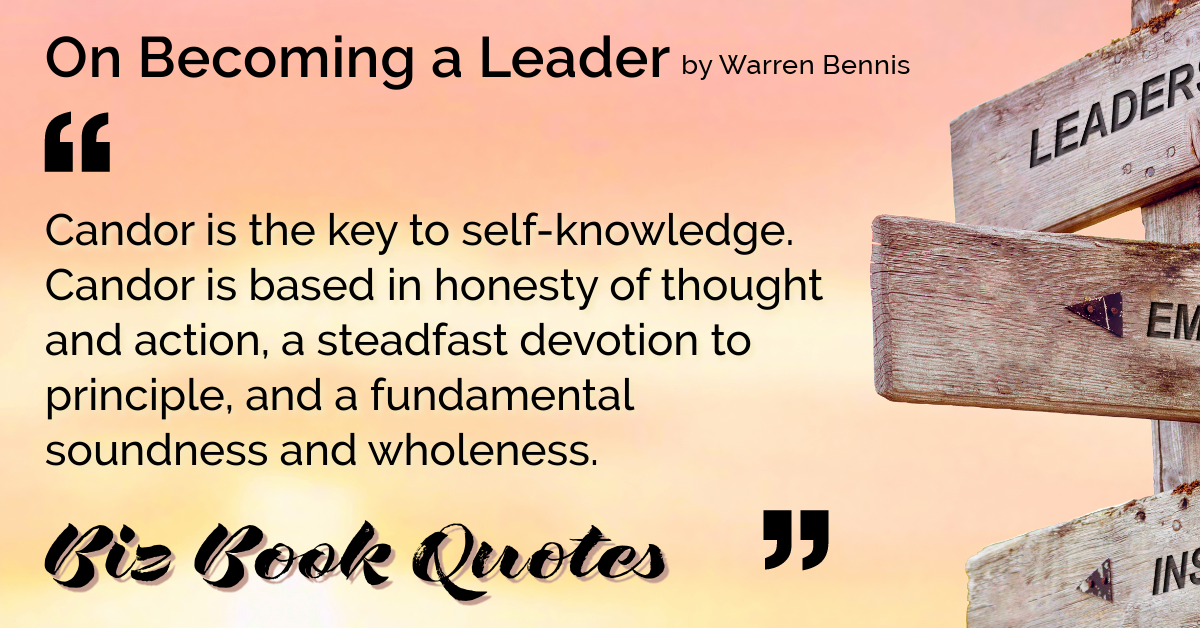 |
Candor is the key to self-knowledge. Candor is based in honesty of thought and action, a steadfast devotion to principle, and a fundamental soundness and wholeness.
|
034 |
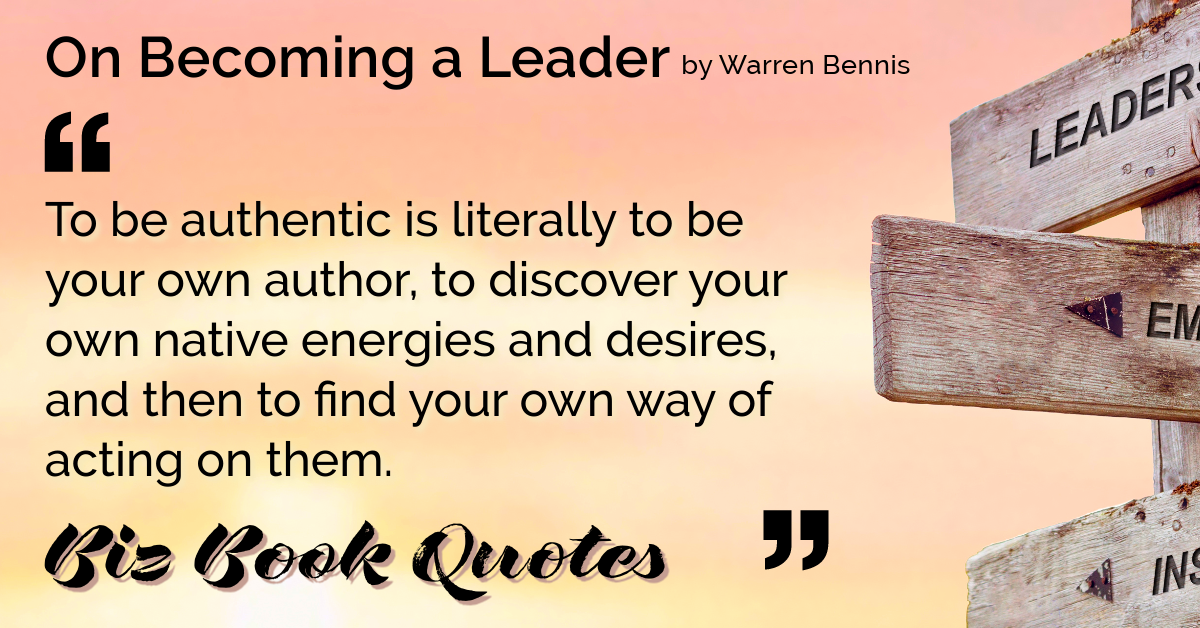 |
To be authentic is literally to be your own author, to discover your own native energies and desires, and then to find your own way of acting on them.
|
047 |
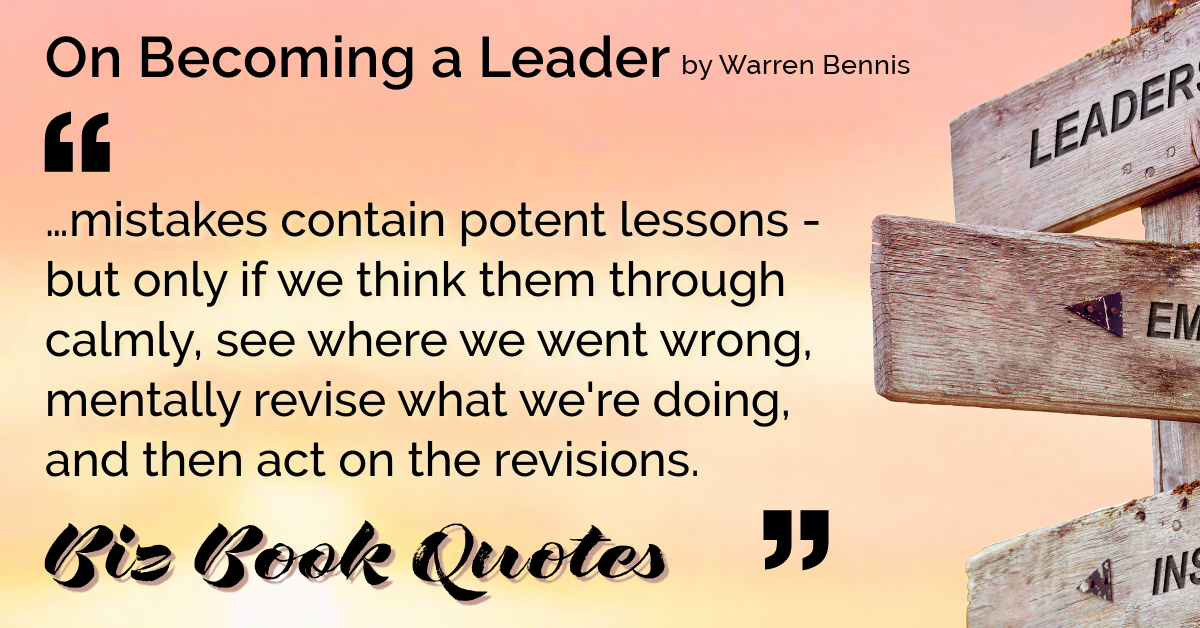 |
…mistakes contain potent lessons – but only if we think them through calmly, see where we went wrong, mentally revise what we’re doing, and then act on the revisions.
|
111 |
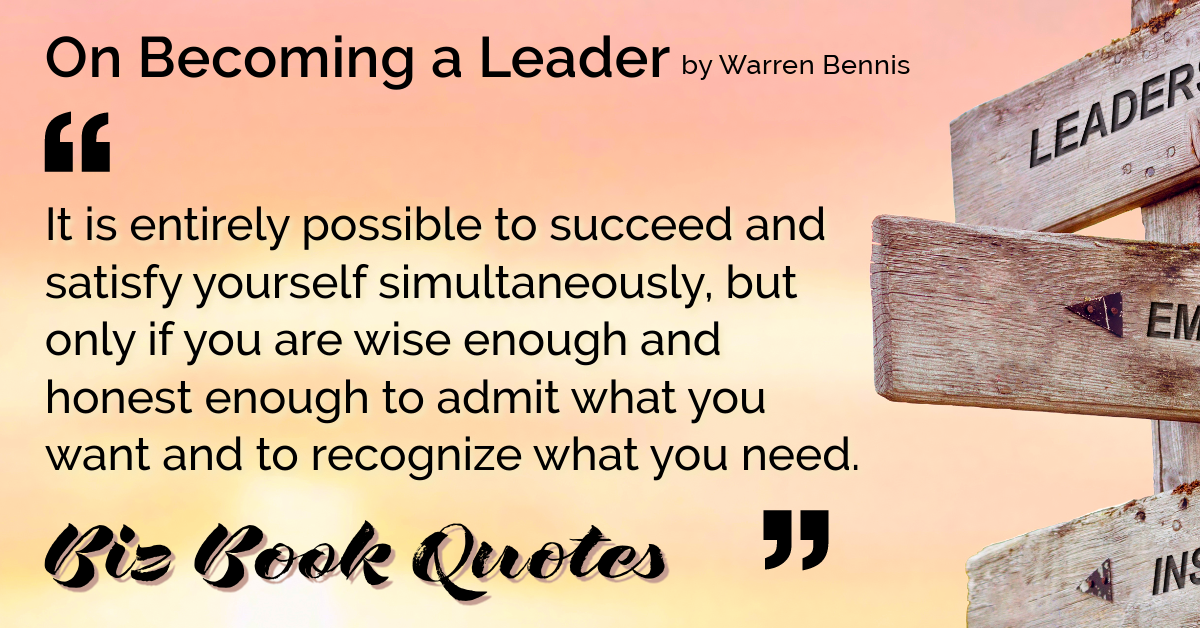 |
It is entirely possible to succeed and satisfy yourself simultaneously, but only if you are wise enough and honest enough to admit what you want and to recognize what you need.
|
122 |
 |
As fallible human beings, all of us share the impulse to justify ourselves and avoid taking responsibility for actions that turn out to be harmful, immoral, or stupid.
|
002 |
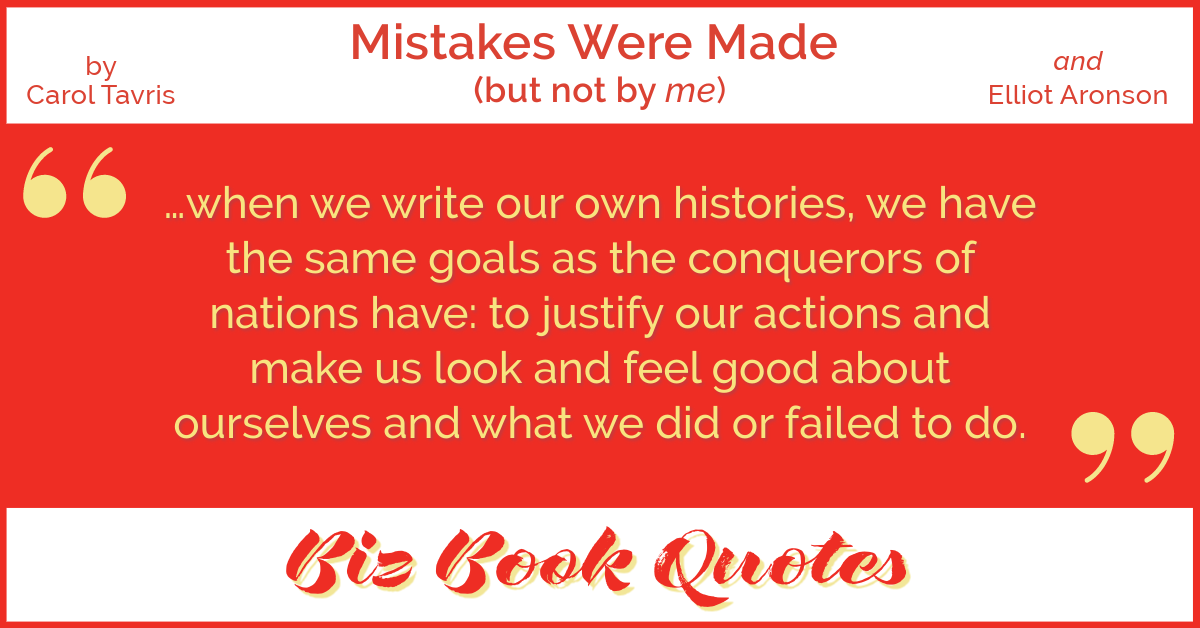 |
…when we write our own histories, we have the same goals as the conquerors of nations have: to justify our actions and make us look and feel good about ourselves and what we did or failed to do.
|
097 |
 |
When we explain our own behavior, self-justification allows us to flatter ourselves: We give ourselves credit for our good actions but let the situation excuse the bad ones.
|
230 |
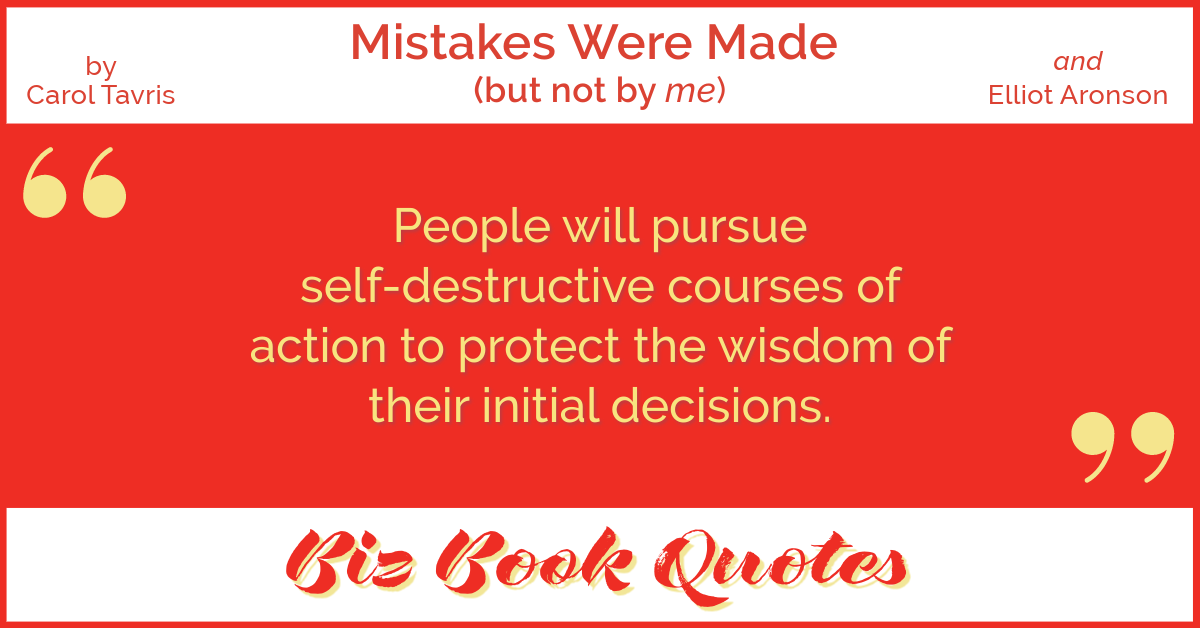 |
People will pursue self-destructive courses of action to protect the wisdom of their initial decisions.
|
285 |
 |
By looking at our actions critically and dispassionately… we stand a chance of breaking out of the cycle of action, followed by self-justification, followed by more committed action.
|
300 |
 |
If we can resist the temptation to justify our actions in a rigid, overconfident way, we can leave the door open to empathy and an appreciation of life’s complexity, including the possibility that what was right for us might not have been right for others.
|
311 |